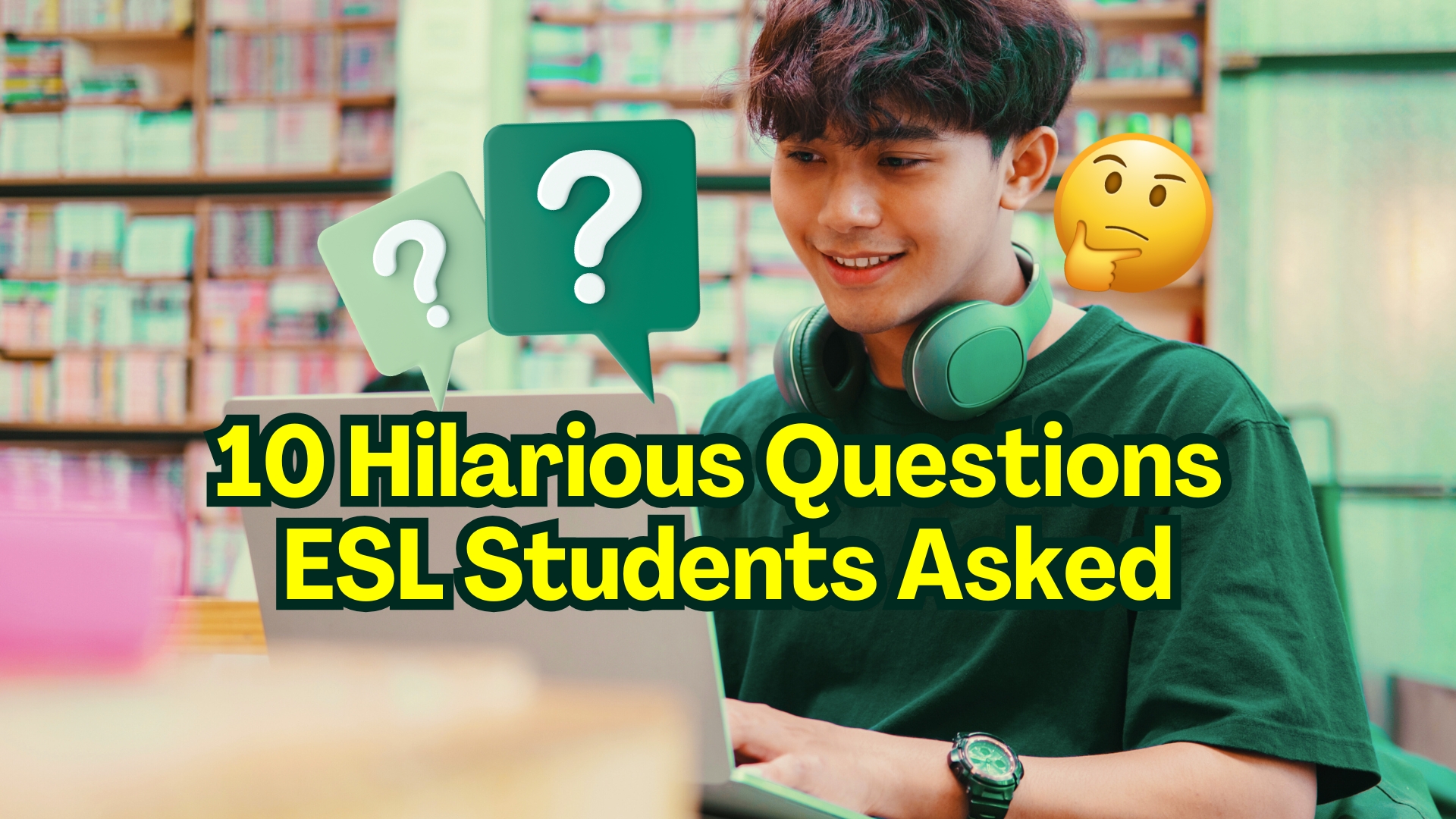Teaching ESL means you’ll get used to hearing all sorts of grammar questions: some expected, and some that completely catch you off guard. Sure, there’s the classic “What’s the difference between ‘in’ and ‘on’?”, but every now and then, a student throws in something so oddly specific or unexpectedly deep, it makes you laugh, pause, and rethink the language entirely.
How Many People in Japan Speak English?
Japan, as we know, invests heavily in English education: since 2011, English has been a mandatory subject in elementary schools, and the number of learners in the population has steadily risen from around 9.6% in 2011 to about 12.8% in 2021; about 18% of adults say they can confidently hold a conversation in English. Needless to say, if you’re a RareJob tutor, you are probably a huge part of this growth!
This is where RareJob tutors shine. They work with motivated RareJob learners everyday, turning theoretical knowledge into real, sometimes awkward but always genuine connections, easily the unsung heroes of Japan’s slow but steady progress in English communication.

10 Hilarious Questions ESL Students Asked
A few ESL tutors shared some of the most unusual questions they’ve received. Questions that are funny, oddly insightful, and make you see English in a whole new way.
Here are some lesson room curveballs, with clever explanations to match.
- “If ‘nothing’ is something, why do we say there is nothing?”
Answer: “Nothing” names the idea of emptiness. English loves paradoxes. So yes, we’re talking about something that means “not something.”
- “Who decided that silent letters must stay silent? Do they have a union?”
Answer: Silent letters are fossils from older forms of English and French. They lost their voices long ago but stayed in spelling, like stubborn ghosts in our words.
- “If we can say ‘a pair of pants,’ why not ‘a single pant’ when it’s just one leg?”
Answer: “Pants” was once “pantaloons,” which had two separate legs. The plural stuck even when the clothing merged. So, sadly, you’ll never own “a pant.”
- “If ‘flammable’ and ‘inflammable’ mean the same thing, is language trying to confuse us on purpose?”
Answer: Both words come from Latin “inflammare” (to set on fire). The “in” here doesn’t mean “not,” English just doubled down on the chaos by keeping both.
- “Why is it ‘a history lesson’ but ‘an hour’? Shouldn’t it be ‘an history’?”
Answer: The rule is based on sound, not letters. “History” has an audible ‘h,’ so it’s “a history.” “Hour” starts with a vowel sound, so it gets “an.”
- “Can we make new grammar rules if enough people agree to use them?”
Answer: Yes! Grammar changes when speakers do. If a new usage becomes common, like “gonna” or “they” as singular, it eventually joins the rulebook.
- “Why do we say ‘the police are here’ when police is one word? Isn’t it singular?”
Answer: “Police” is a collective noun, referring to many officers. In English, collective nouns often act plural, so we say “the police are,” not “the police is.”
- “Why do we park in driveways and drive on parkways?”
Answer: Because English mixes logic with irony. Historically, “driveways” were private roads you drove onto before parking, and “parkways” were scenic roads designed for driving.
- “If ‘mouse’ becomes ‘mice,’ why doesn’t ‘house’ become ‘hice’?”
Answer: Old English had many irregular plurals, but only some survived. “Mice” stayed, “hice” didn’t. Language isn’t always fair—it picks favorites.
- “Why is it ‘the United States is’ sometimes and ‘the United States are’ other times?”
Answer: Before the Civil War, the U.S. was often treated as a collection of states (plural). Afterward, it became more commonly treated as a single entity (singular). Context decides which verb works.
“Curious Minds Are Never Dull”
If there’s one thing these questions prove, it’s that ESL students are thinking deeply (and sometimes hilariously) about the English language. They don’t always ask what’s in the textbook, and that’s exactly what makes lessons memorable.
So the next time a learner hits you with a grammar question that sounds more philosophical than grammatical, lean in. It might be weird, it might be funny, but chances are, it’s also pretty smart.





